Vietnam Airlines has just completed a sustainable flight, departing from Hanoi on May 26 and arriving at Frankfurt Airport (Germany) on May 27 with many environmental activities.
Flight VN37, which Vietnam Airlines participated in the "Sustainable Flight Challenge" launched by the Skyteam Alliance, was a long-haul flight. On this flight, the airline gave passengers bags recycled from old life jackets; served meals made from sustainable foods; and urged passengers to bring personal items instead of using disposable items.
Vietnam Airlines has collaborated with social enterprise Limloop to recycle old life jackets that no longer meet safety standards into hundreds of highly practical bags for passengers. These bags become even more special because they are made by disabled craftsmen in special circumstances.
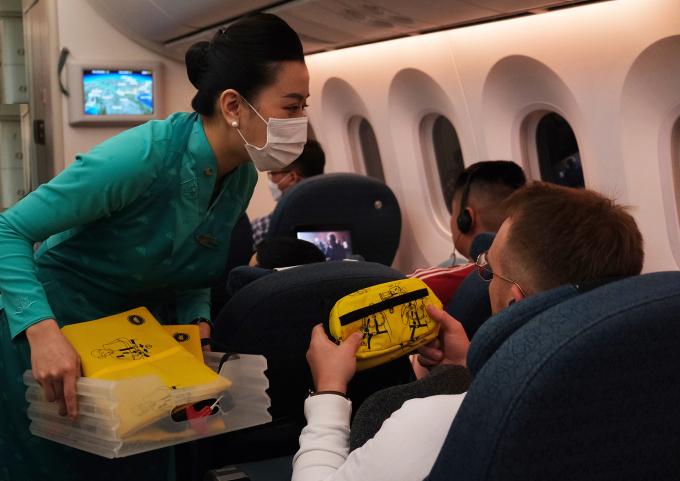
Vietnam Airlines flight attendants give passengers shoulder and waist bags recycled from expired life jackets. Photo: Bong Bong
The airline focuses on nutritional balance in the meals on this flight, prepared from fresh seasonal vegetables and fruits. The plant protein source is made from soybeans grown in American gardens.
The meal is also designed with many traditional dishes to introduce Vietnamese cuisine to tourists and international friends such as: Soybean panna cotta with coconut milk and Vong village green rice pudding; grilled spring rolls with vegetable meat with avocado sauce and mango salsa; Vietnamese bread with grilled spring rolls made from soybeans and sweet and sour pickled vegetables...
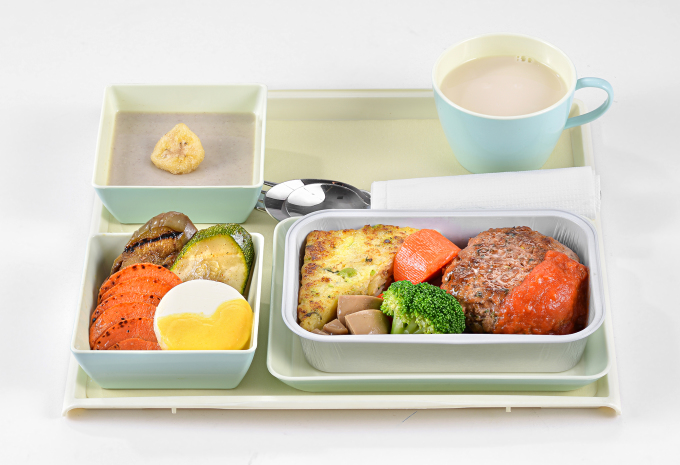
A meal served on Vietnam Airlines' sustainable flight VN37 from Hanoi to Frankfurt. Photo: Bong Bong
In the coming time, Vietnam Airlines plans to cooperate with VietHarvest - a food rescue model, to bring quality meals to organizations and individuals in difficult circumstances. This is also one of the contents that the airline participates in the "Sustainable Flight Challenge" in 2023, with the desire to be able to communicate internationally about the positive values for society that this activity brings.
In the second year of the challenge, the airline has called on passengers to bring their own water bottles, blankets or warm clothes, toothpaste and toothbrushes to use instead of the items provided on the flight, contributing to reducing disposable waste such as paper cups, toothbrushes...
"With this small action, each passenger will be a 'messenger' spreading messages about environmental protection and responding to climate change for sustainable development. This also contributes positively to raising public awareness and responding to practical solutions to minimize environmental impacts on flights," said a representative of Vietnam Airlines.
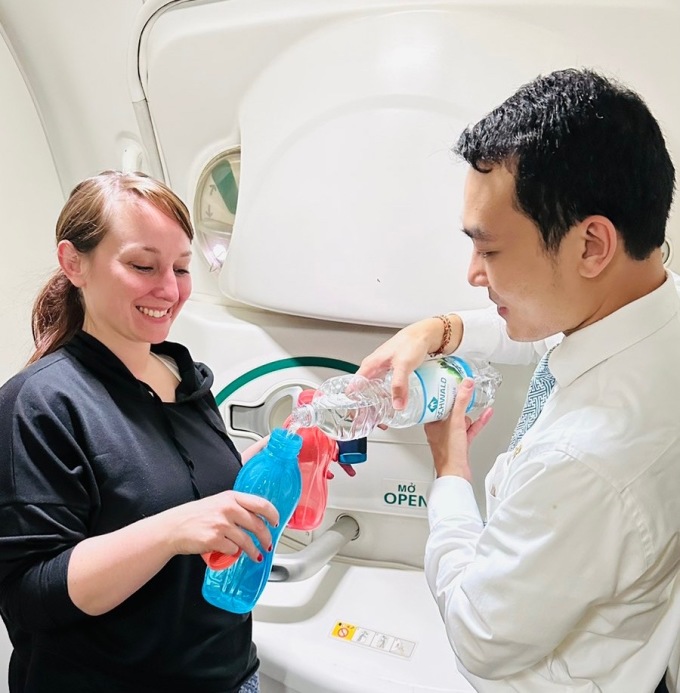
Passengers use personal water bottles to get drinking water on sustainable flights. Photo: Bong Bong
Ms. Mai Huong (Hanoi), a passenger on the Hanoi - Frankfurt flight, said that the activities on the flight helped her feel the humane values for the environment: "I believe that other passengers are very excited because they have special experiences when participating in the airline's sustainable flight."
According to Mr. Dang Anh Tuan, Head of Communications Department of Vietnam Airlines, participating in the sustainable flight challenge is one of the outstanding activities of the unit on the journey towards sustainable development. "In addition to the practical significance towards environmental protection and reducing greenhouse gas emissions, the program also contributes to promoting and spreading the good values of the country and community to the people in the country and international friends," said Mr. Tuan.
In the coming time, the enterprise will continue to implement activities towards environmental friendliness and climate friendliness, ensuring sustainable business activities towards the goal of net zero emissions by 2050.
The Sustainable Flight Challenge (TSFC) was initiated by the Skyteam airline alliance to encourage sustainable development initiatives in the aviation sector. This year's challenge attracted the participation of 22 airlines, including 15 airlines from the Skyteam alliance. In the first category, airlines participated by organizing long-haul flights of over 5,000 km and evaluating the efficiency of operation and environmental protection on these flights.
Kim Anh
Source link


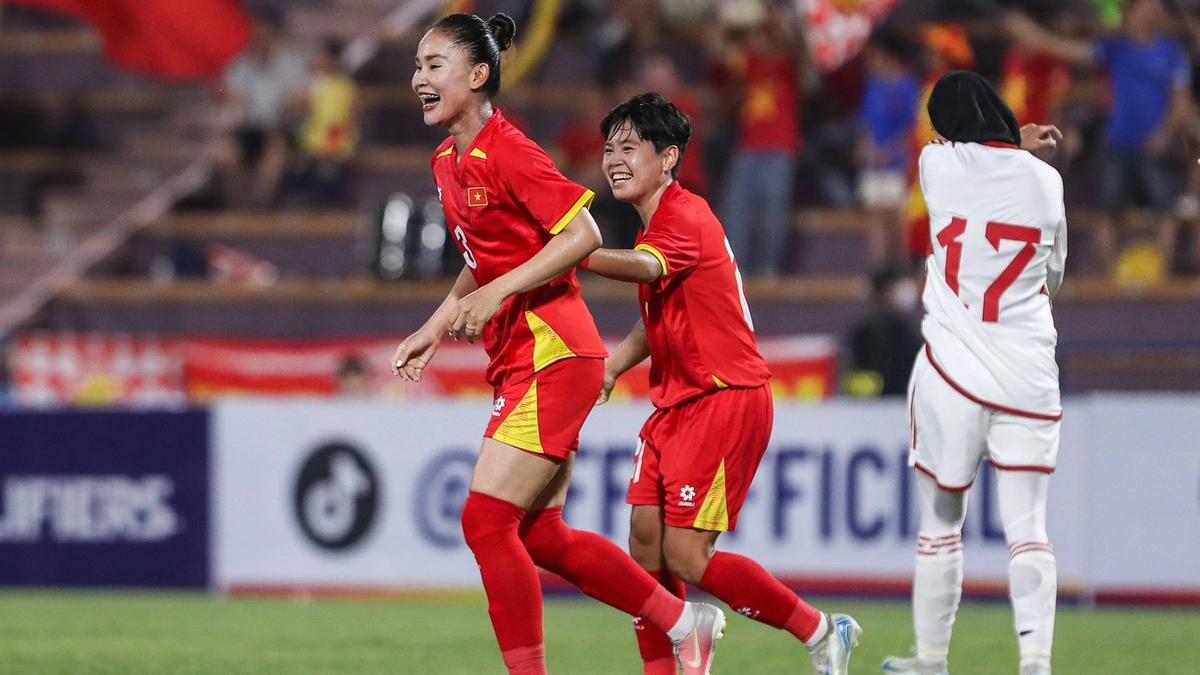
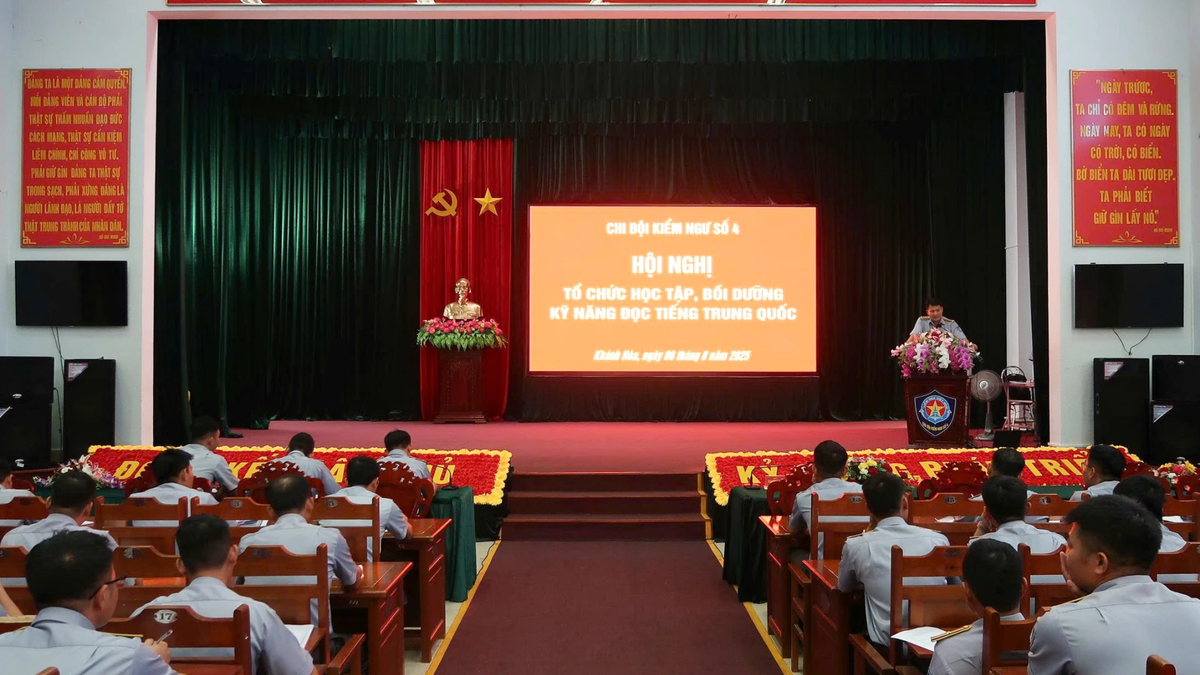
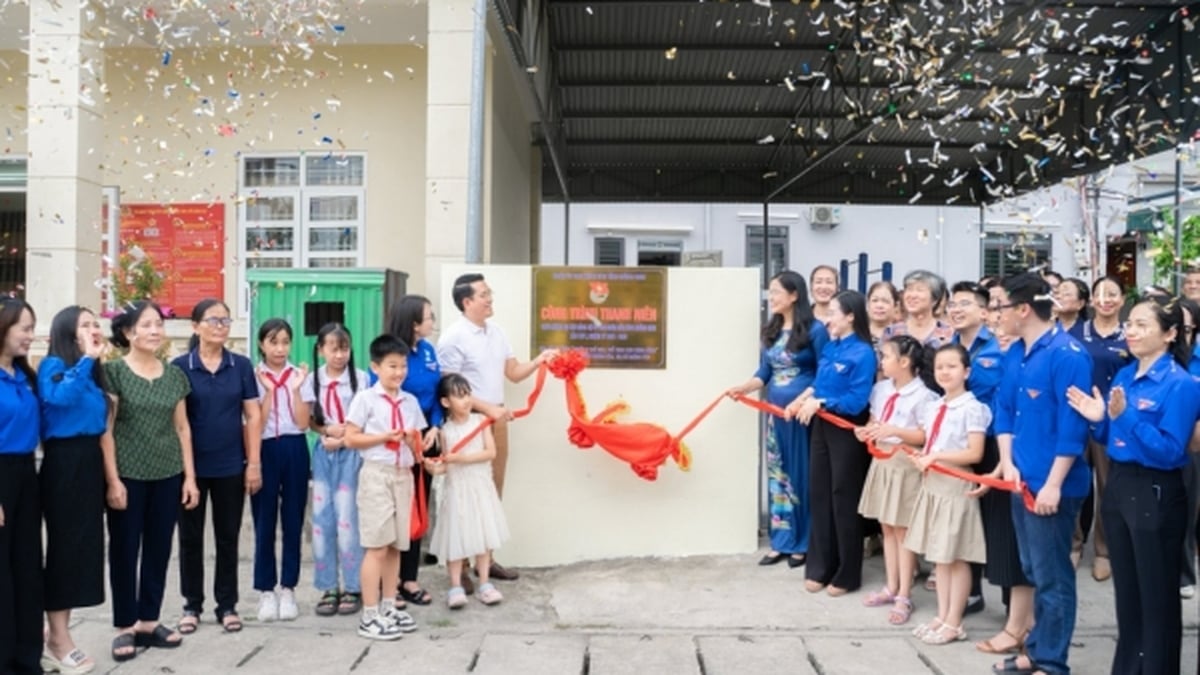
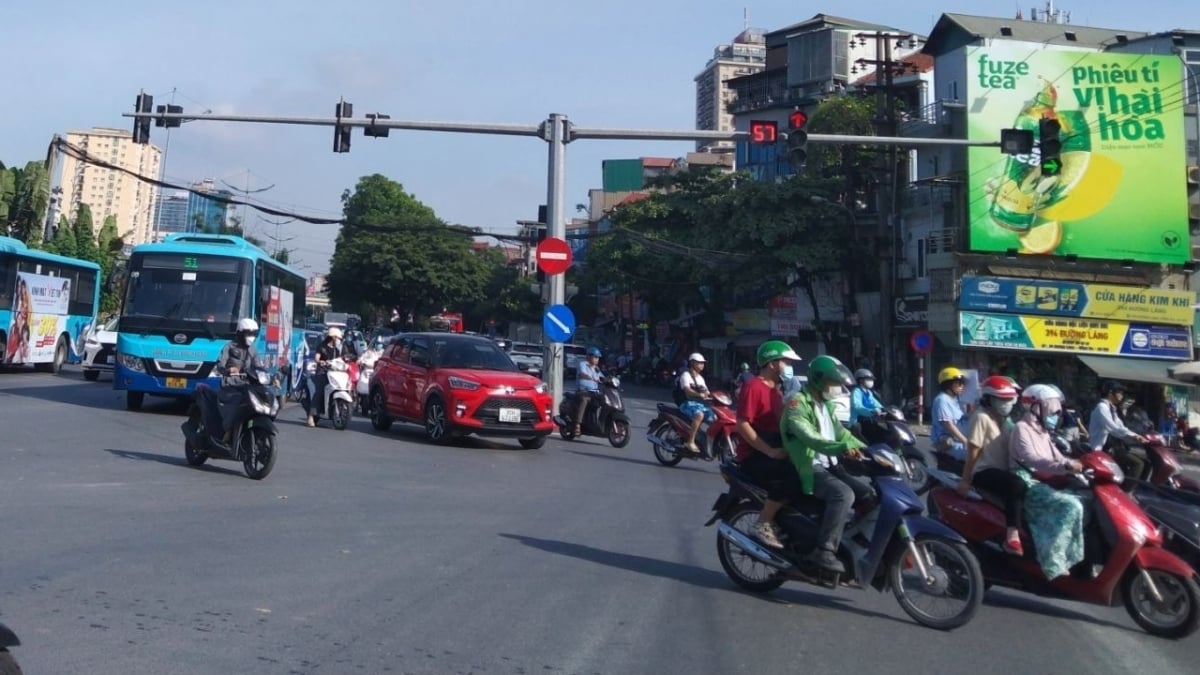
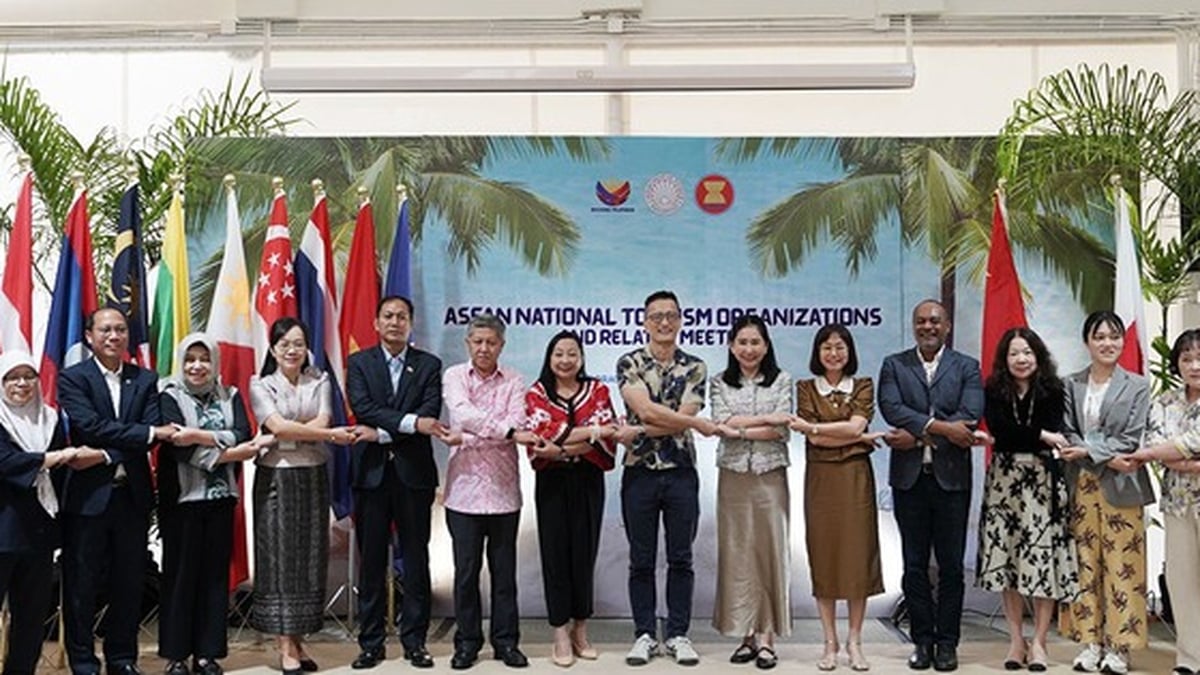

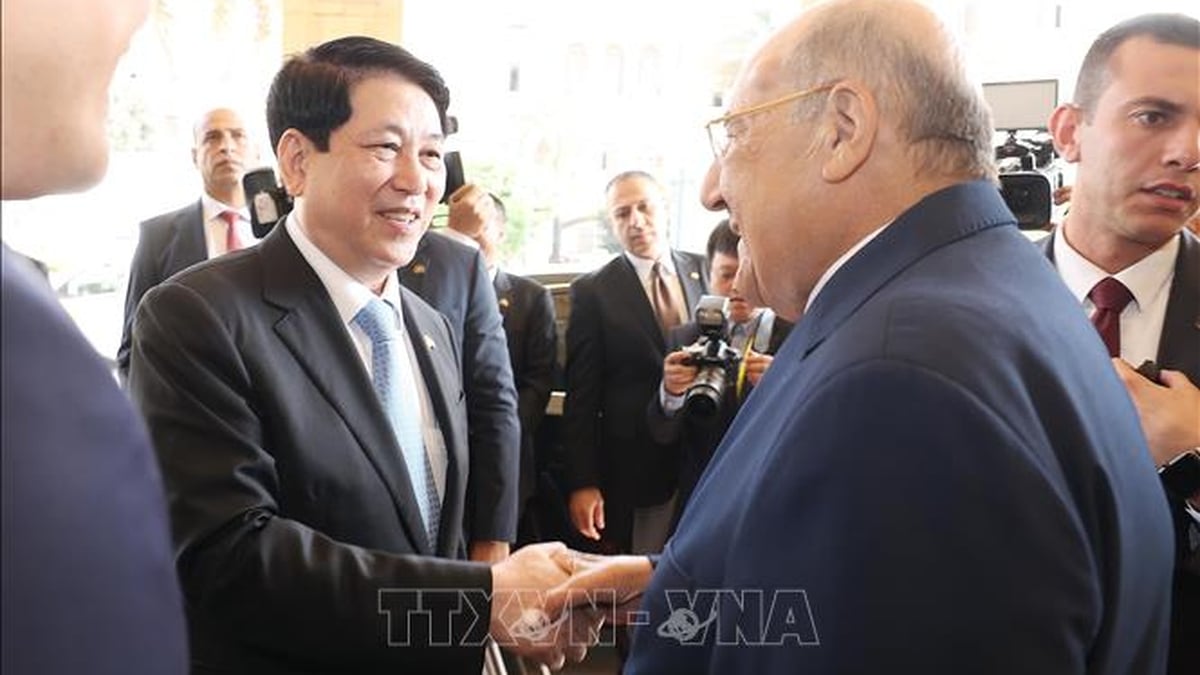

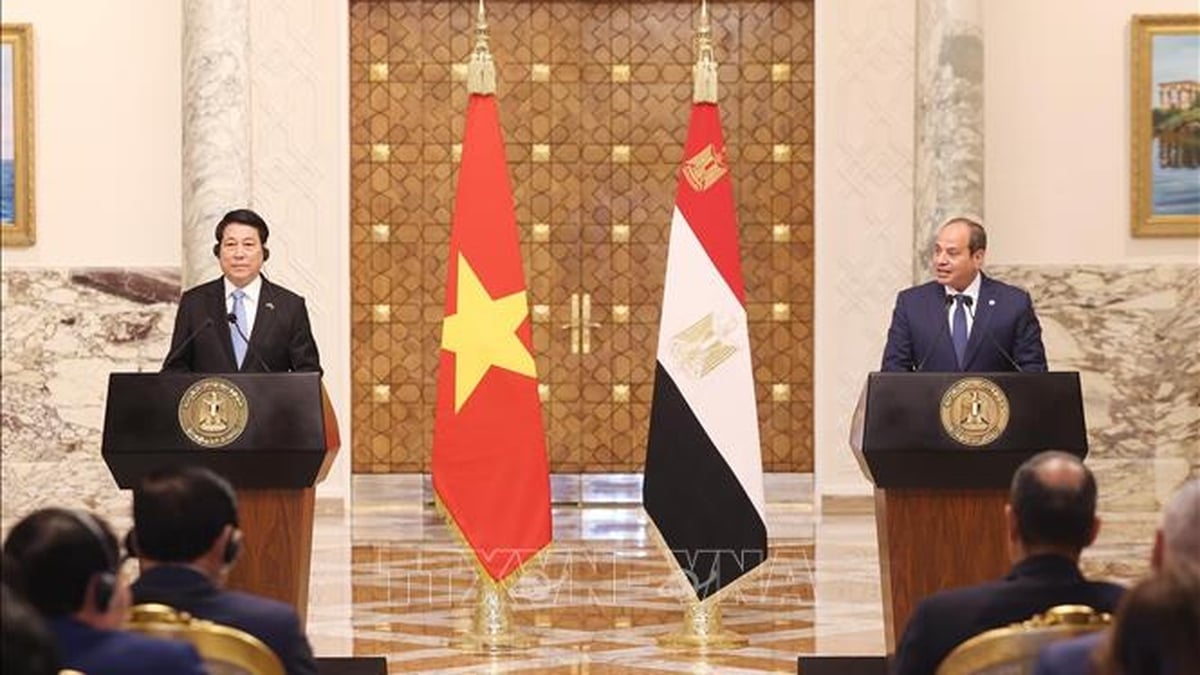
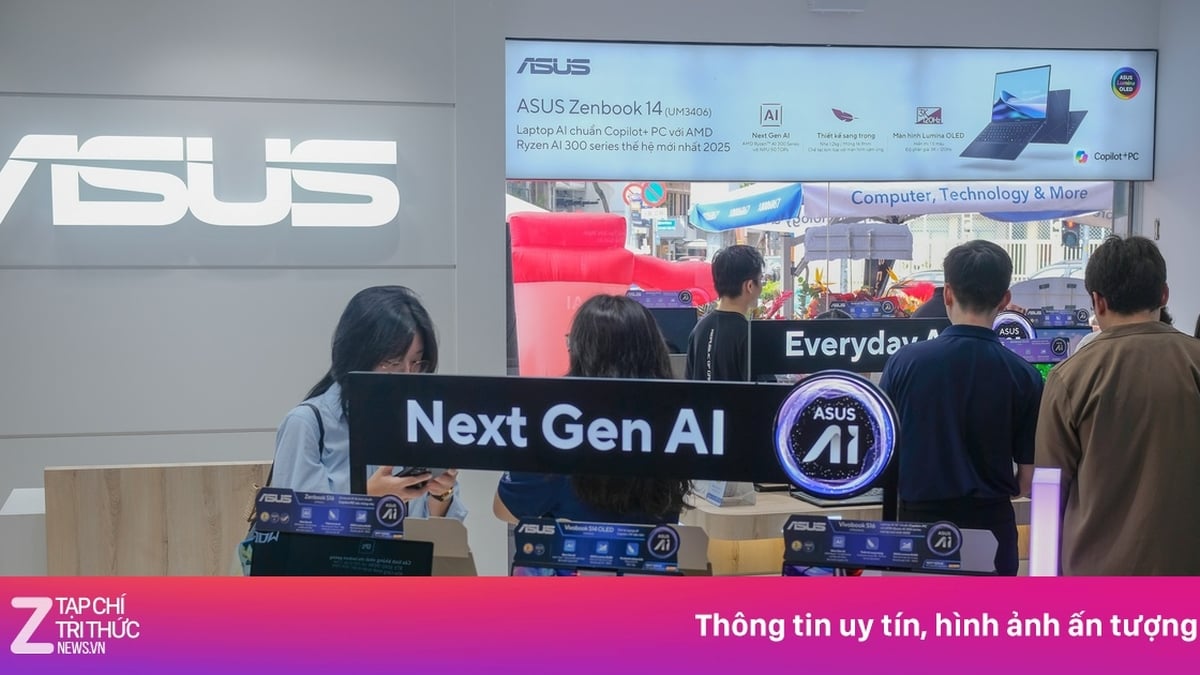











![[Photo] Discover the "wonder" under the sea of Gia Lai](https://vphoto.vietnam.vn/thumb/1200x675/vietnam/resource/IMAGE/2025/8/6/befd4a58bb1245419e86ebe353525f97)




![[Photo] Nghe An: Provincial Road 543D seriously eroded due to floods](https://vphoto.vietnam.vn/thumb/1200x675/vietnam/resource/IMAGE/2025/8/5/5759d3837c26428799f6d929fa274493)
























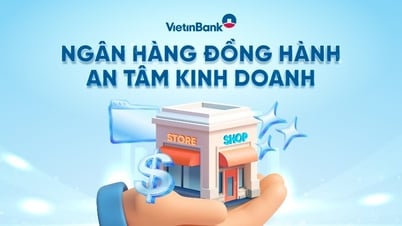

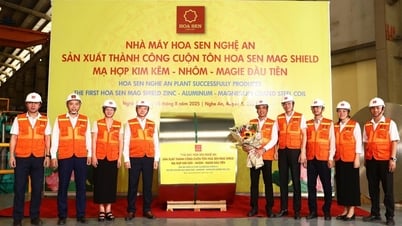

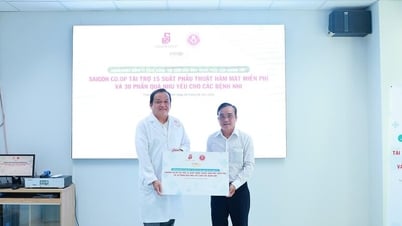

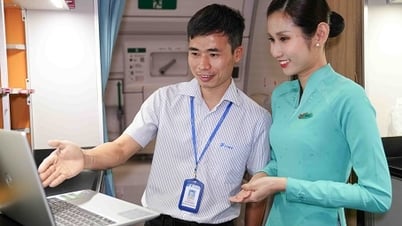
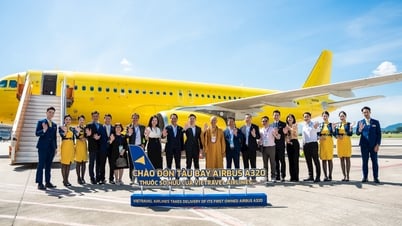


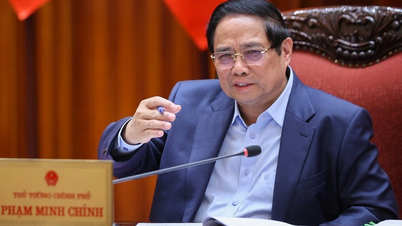

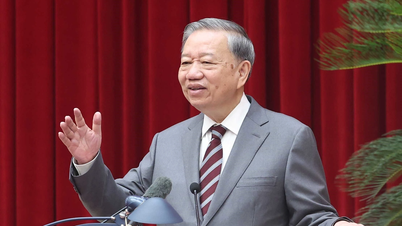
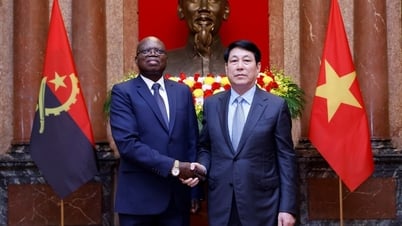

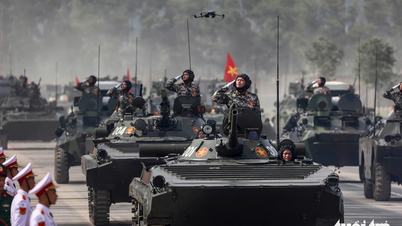





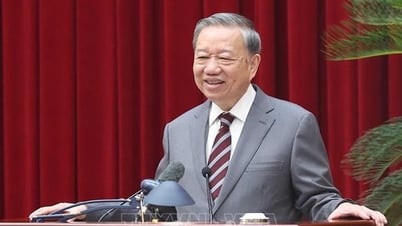
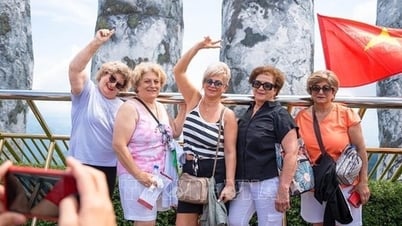
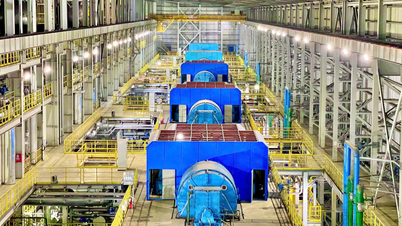


















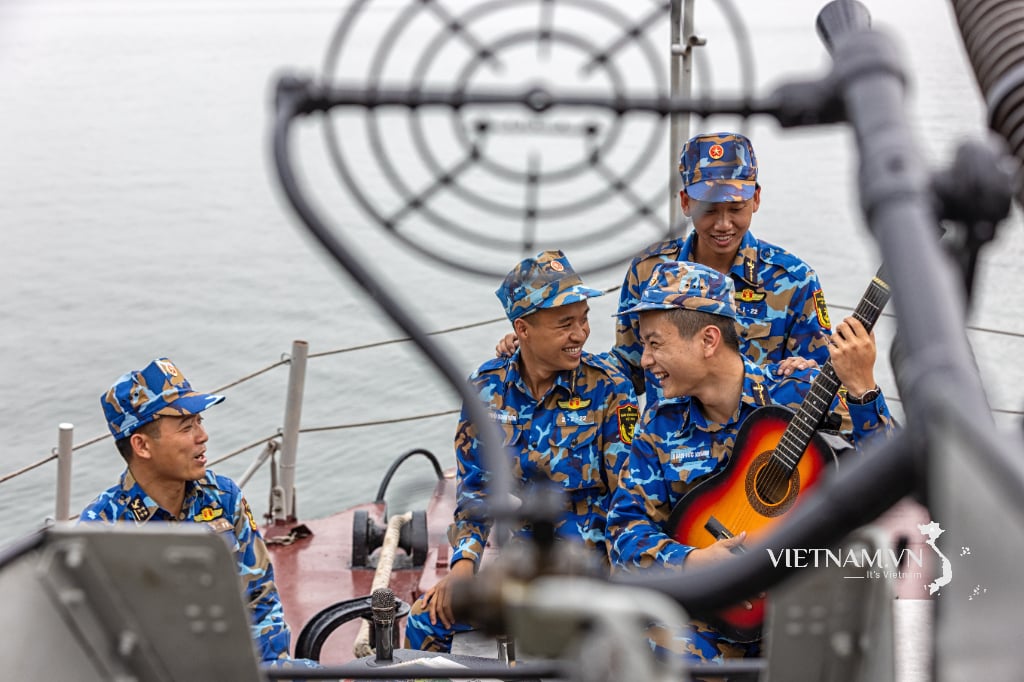
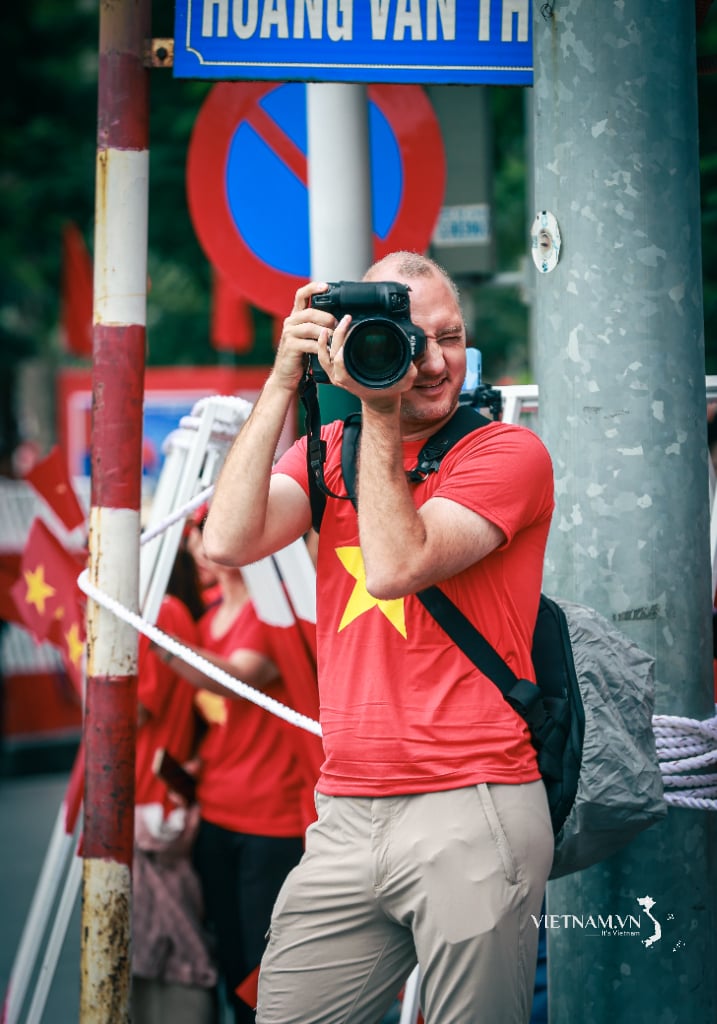
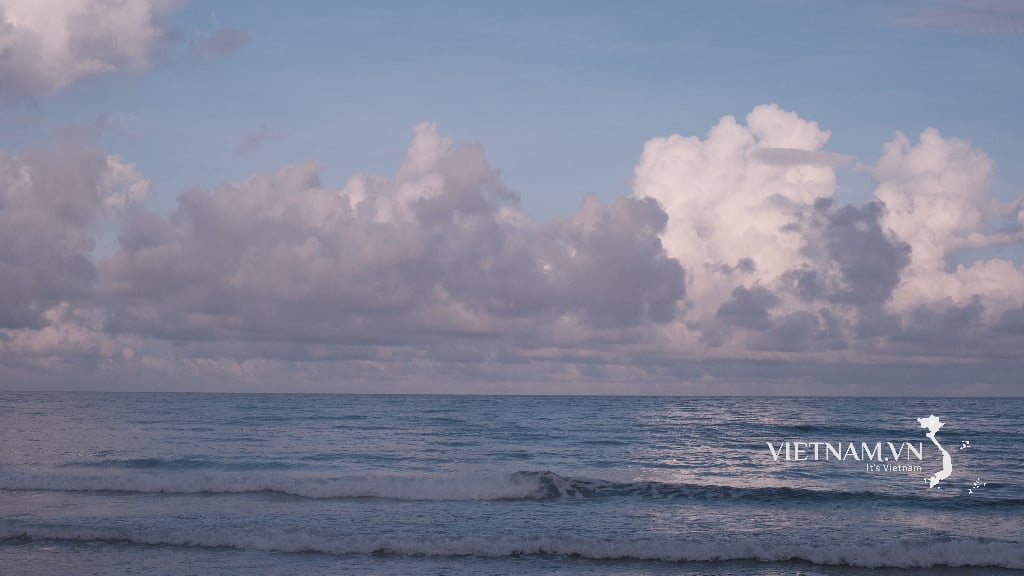

Comment (0)